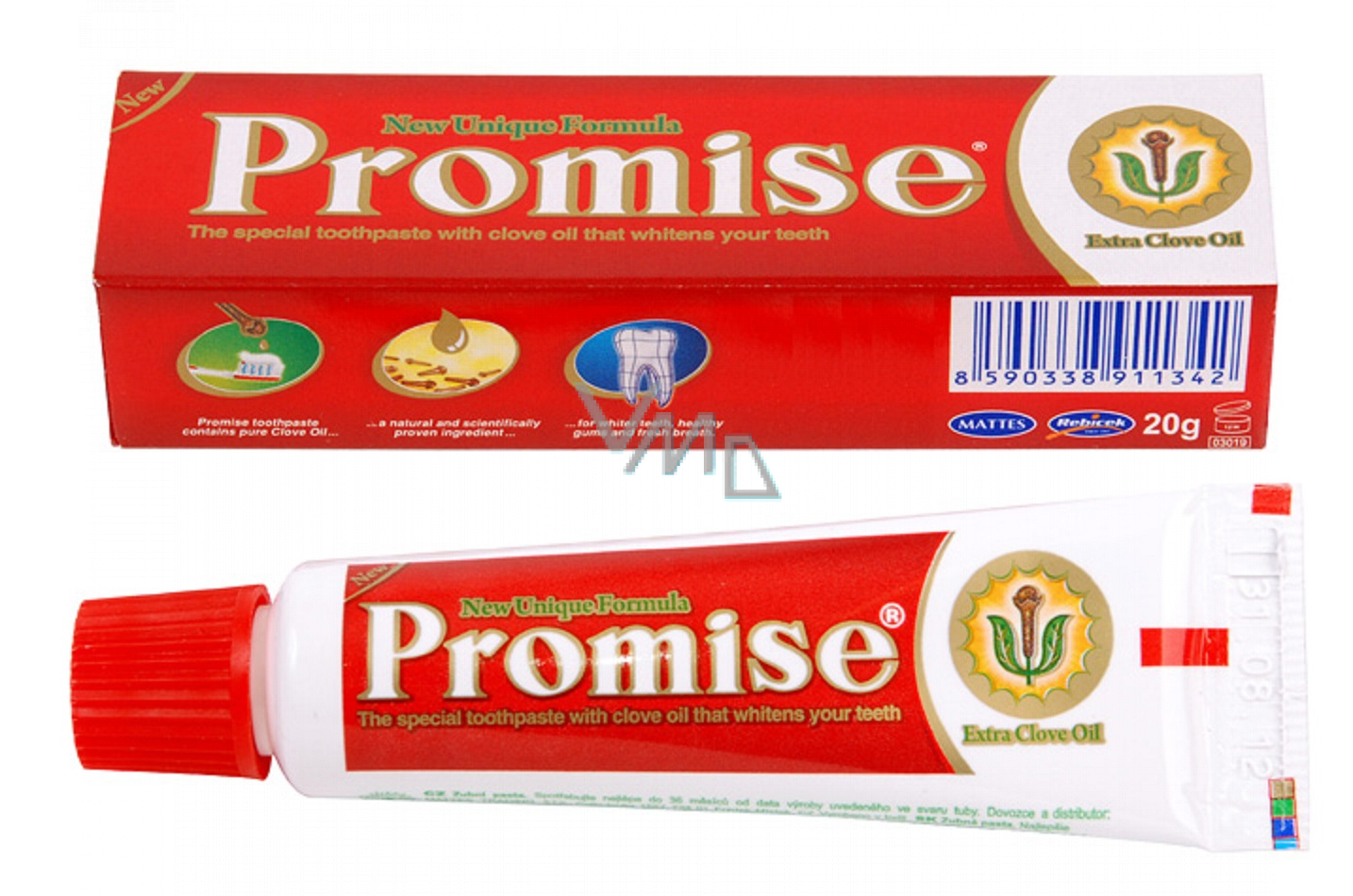Unforgotten Brand: Promise Toothpaste

Promise’s journey highlights the dynamic nature of the consumer goods market, where loved brands must adapt to evolving consumer preferences
Clove Oil in Indian Culture
Clove oil has been an integral part of Indian traditional medicine for centuries. Due to its antiseptic and antibacterial properties, it is primarily used to treat dental problems. Its usage also dates back to ancient China, where it was valued for freshening breath as early as the third century BCE. This cultural significance laid the foundation for its incorporation into modern oral care products in India.
Launch
In 1978, Balsara Hygiene launched Promise toothpaste in India, positioning it as a clove oil-based toothpaste. This unique selling point resonated with Indian consumers familiar with clove’s medicinal properties. The brand quickly gained traction and, at its peak, held the second-largest market share in India’s toothpaste market, following industry leader Colgate.
Ingredients
Promise toothpaste’s success was attributed to its natural and effective formulation. Its primary ingredient, clove oil, provides antiseptic and antibacterial benefits, making it highly effective against oral infections. Additionally, lavang oil further strengthened its ability to combat germs and alleviate gum issues like gingivitis.
Advertising
The brand’s tagline was “The unique toothpaste with time-tested clove oil.
The youthful, dimpled, middle-class housewife in the advertisement would ask in disgust, Offo! Ek aur naya toothpaste?.
That straightforward inquiry, asked with a confused and somewhat annoyed attitude, quickly made the brand and its protagonist, Maya Alagh, famous.
Promise rocketed to the second spot behind market leader Colgate.
Market Expansion and Challenges
Promise experienced steady sales growth, especially in cities like Bombay and Pune. However, its expansion faced legal hurdles when Colgate filed a case against Balsara, alleging similarities in packaging design. Despite this setback, Promise maintained a strong market presence due to its unique clove-based identity.
Transition to Dabur Ownership
In 2005, Balsara Hygiene sold the Promise toothpaste brand to Dabur and its other brands, Babool and Meswak, in a ₹1.43 billion (US$17 million) deal. The acquisition strengthened Dabur’s oral care portfolio and expanded its market reach in the natural and herbal product segment.
Discontinuation of the Brand
Despite its promising start, Dabur eventually put the Promise brand on hold, citing a need for a more strategic fit within its oral care product line. Market dynamics had shifted, with freshness-focused products like Close-Up dominating the toothpaste market. Promise’s strong clove taste, once its defining feature, seemed less appealing to younger consumers seeking a fresher mouthfeel.
Strategic Missteps and Decline
Promise’s decline can be attributed to several strategic missteps. In 1994, Balsara introduced a 2-in-1 gel under the Promise brand to capture the youth market. However, its strong clove taste didn’t resonate with the target audience. Additionally, insufficient advertising and marketing investments further weakened Promise’s position. Promise couldn’t sustain aggressive promotional campaigns or invest in product diversification compared to competitors with more significant financial resources.
Conclusion
Promise Toothpaste’s journey highlights the dynamic nature of the consumer goods market, where even well-loved brands must adapt to evolving consumer preferences and competitive pressures. Although the brand is no longer active, its legacy as a clove oil-based toothpaste remains a memorable chapter in India’s oral care history.




1 Comment